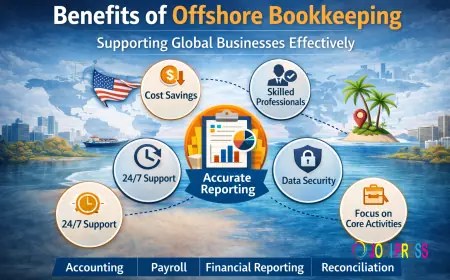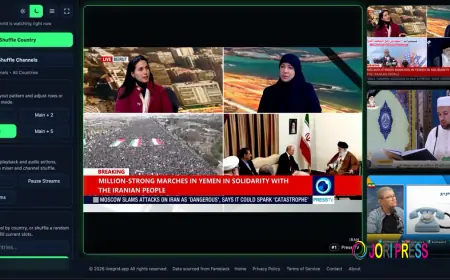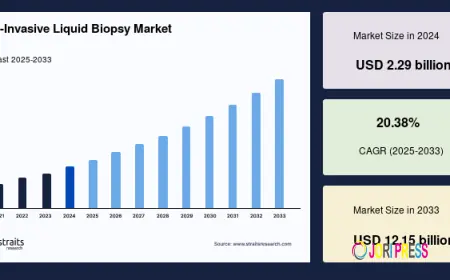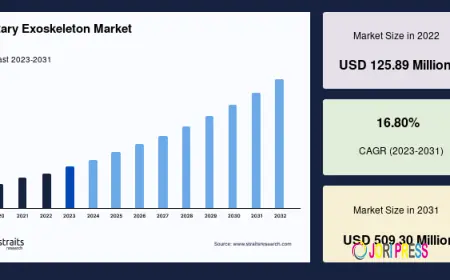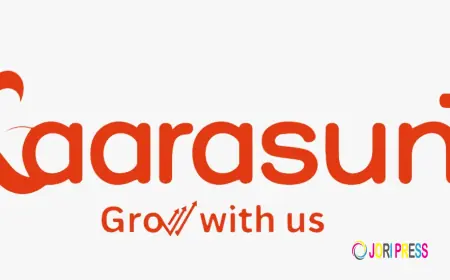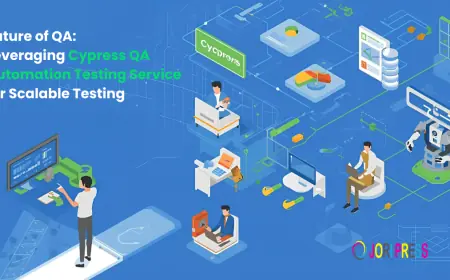Bluebikes Availability Prediction Apps Developed by Boston iOS Developers
Discover how Boston iOS developers are building smart apps to predict Bluebikes availability. A new era in mobility from top software development companies.
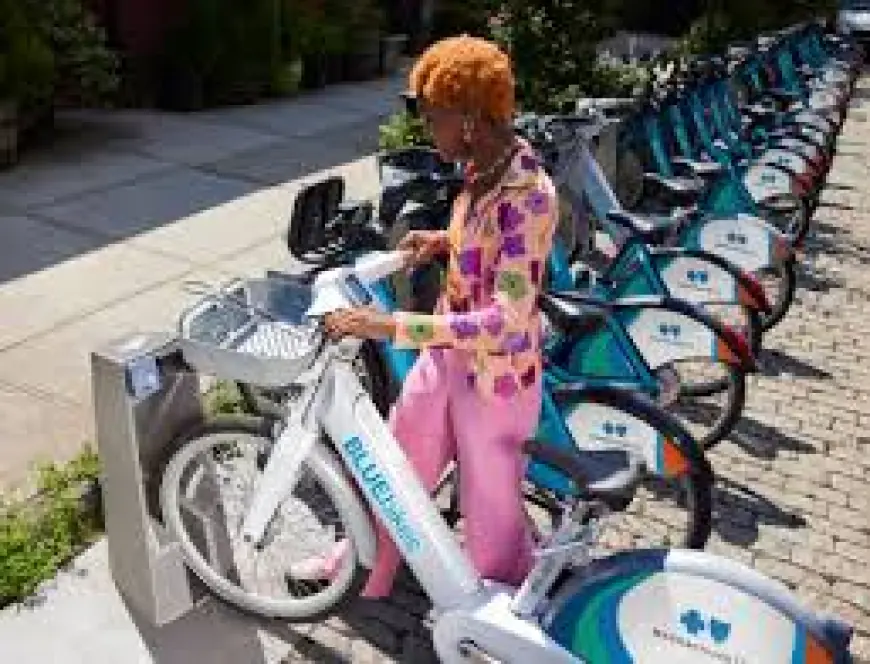
When you’re rushing to work or planning a leisurely ride along the Charles River, the last thing you want is to find an empty Bluebikes dock. Thanks to a wave of smart innovation from Boston iOS developers and software development companies, a new kind of app is changing that experience. These intelligent apps are using real-time data and predictive algorithms to let riders know — in advance — whether a bike or a dock will be available at their chosen station.
In this article, we dive deep into how these prediction apps work, what technology powers them, and how they’re transforming urban commuting in Boston.
Why Predicting Bluebikes Availability Matters
Urban Mobility Demands Precision
Boston is a bike-friendly city, but high usage of the Bluebikes system means unpredictability is common. Imagine arriving at a dock only to find no bikes — or worse, no empty slots to return one. These hiccups aren’t just annoying; they can disrupt your whole day.
This is where predictive apps step in. Built by software development companies in Boston, they bring the power of data and AI to something as simple — and essential — as biking.
Data-Driven Biking is the Future
Prediction apps don’t just offer convenience — they’re becoming necessary tools for commuters. With integrated features like peak time forecasts, dock status alerts, and route optimization, they offer a smart layer on top of traditional bike-sharing systems.
What Makes These Apps So Smart?
Real-Time Bluebikes API Integration
At the heart of these apps lies integration with the official Bluebikes API. This allows apps to pull live data about dock stations, including:
-
Number of bikes available
-
Number of empty docks
-
Station activity trends
Boston iOS developers use this real-time data to power intuitive interfaces that visualize dock availability in seconds.
Predictive Algorithms for Next-Level Planning
Here’s where the magic happens. Using historical usage data, weather forecasts, time of day, and city-wide events (like Red Sox games or marathons), the apps make accurate predictions about dock availability. This is machine learning in action.
For example:
-
If it’s a sunny Friday at 5 PM near the Seaport, the app might tell you: “Only 20% chance of bikes at this station in the next 15 minutes.”
-
Or: “Dock likely full in 10 minutes — rerouting to nearest with availability.”
These features are built using Python-based models and Swift front-end integration by specialized Boston iOS developers.
How Boston iOS Developers Are Leading the Charge
Homegrown Innovation for a Homegrown Need
Boston’s tech scene isn’t just about biotech and finance. A growing number of software development companies and mobile specialists are focusing on urban tech — apps that improve daily city life.
By developing these Bluebikes prediction platforms, Boston iOS developers are solving hyper-local problems with hyper-smart solutions. They're tapping into Boston’s urban rhythm and building tools that truly fit its residents.
The Developer Stack Behind the Apps
Let’s take a quick peek under the hood. These apps typically use:
-
Swift for iOS development
-
CoreML for on-device predictions
-
Firebase for real-time updates
-
MapKit for visual station mapping
-
Python and TensorFlow for backend modeling
With Apple’s native tech and robust ML tools, Boston’s dev community is creating apps that are fast, responsive, and context-aware.
Key Features That Riders Love
Personalized Alerts and Notifications
The app knows your favorite stations and usual riding times. You can set alerts like:
-
“Notify me when a dock opens near North Station.”
-
“Warn me if bikes drop below 5 near Harvard Square at 8 AM.”
This keeps you ahead of the rush hour chaos and gives you peace of mind before you even leave the house.
Alternative Dock Suggestions
If your intended dock is full or empty, the app quickly suggests nearby stations — and even calculates the extra walking or riding time. This kind of user-centric thinking is what software development companies in Boston are prioritizing.
Smart Calendar Integration
By syncing with your calendar, the app knows when you’re heading to a meeting or gym session and can prepare bike and dock availability in advance. It’s like having a biking concierge in your pocket.
Real Impact on Commuters
Saving Time and Reducing Frustration
For regular Bluebikes users, these apps are game-changers. Instead of circling blocks to find a spot, riders now plan with confidence.
“Before, I was late to work twice a week because the dock near me was always full. Now I get an alert 10 minutes before my ride with alternate options. It’s changed my mornings!” — Boston commuter
Supporting Sustainable Transit
These apps do more than make life easier. They help promote bike-sharing as a viable, efficient mode of transportation. If users can rely on the system, they’re more likely to use it instead of driving or hailing rides — easing traffic congestion and lowering emissions.
Collaboration With City Initiatives
Building on Open Data
Boston’s commitment to open data has enabled developers to create better mobility solutions. By giving public access to Bluebikes usage stats, weather feeds, and transit patterns, the city empowers developers to innovate freely.
Boston iOS developers take that raw data and translate it into something meaningful — predictions, alerts, maps, and seamless user experiences.
Enhancing the City’s Smart Infrastructure
These apps are part of a larger trend: the smart city movement. From public Wi-Fi to intelligent traffic signals, Boston is becoming more responsive — and these predictive Bluebikes apps are an essential layer of that evolution.
The Role of Software Development Companies in Scaling the Solution
Beyond One App: Ecosystem Thinking
Leading software development companies in Boston are now thinking beyond standalone apps. They're building integrated mobility ecosystems — platforms that combine:
-
Bike-sharing
-
Public transit updates
-
Scooter locations
-
Pedestrian heatmaps
Imagine one app showing your entire commute: walk to Bluebikes > ride to T > walk final block. These platforms are starting to emerge, powered by modular APIs and AI.
Custom Solutions for Institutions
Large organizations — like universities and corporate campuses — are also getting custom-built versions of these apps. With branded interfaces and station-specific logic, these apps are becoming tools for:
-
Employee wellness programs
-
Student transit planning
-
Campus-wide sustainability goals
Again, this innovation is driven by agile teams of Boston iOS developers working closely with institutional stakeholders.
What’s Next for Bluebikes Prediction Apps?
Predictive Rebalancing of Bikes
Future versions of these apps may help Bluebikes operations themselves. With enough data, they can predict where bikes should be moved in real time to maintain balance across the network. That’s AI logistics in action.
AR Navigation for Riders
Some experimental builds are integrating AR (augmented reality) to help you find docks or avoid congested routes. Just hold up your phone, and the app guides you visually through the streets of Boston.
Community Feedback Loops
Riders will soon be able to contribute their own insights — like flagging broken bikes, suggesting new station locations, or voting on UX features. The more the community participates, the smarter the system becomes.
Conclusion: A Smarter, Greener Boston
What started as a simple fix for a frustrating problem has become a full-blown urban innovation. Prediction apps for Bluebikes availability are transforming how Bostonians move through their city. Built by talented Boston iOS developers and supported by forward-thinking software development companies, these apps combine technical excellence with human-centered design.
They represent more than code — they embody a smarter, greener future. Whether you’re a daily commuter or a weekend rider, these apps give you back control of your time, reduce stress, and make biking not just an option, but the best one.
What's Your Reaction?
 Like
0
Like
0
 Dislike
0
Dislike
0
 Love
0
Love
0
 Funny
0
Funny
0
 Angry
0
Angry
0
 Sad
0
Sad
0
 Wow
0
Wow
0
